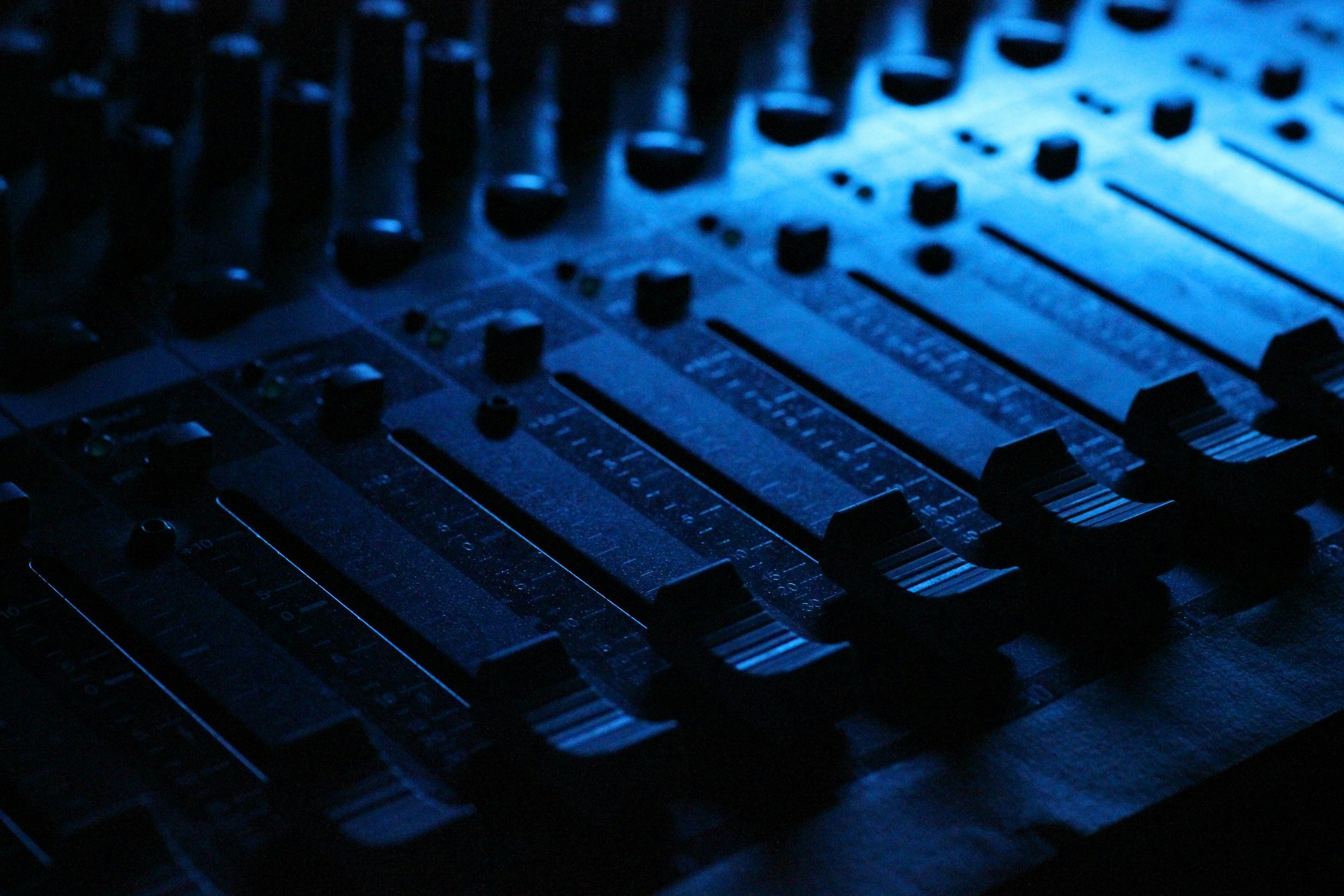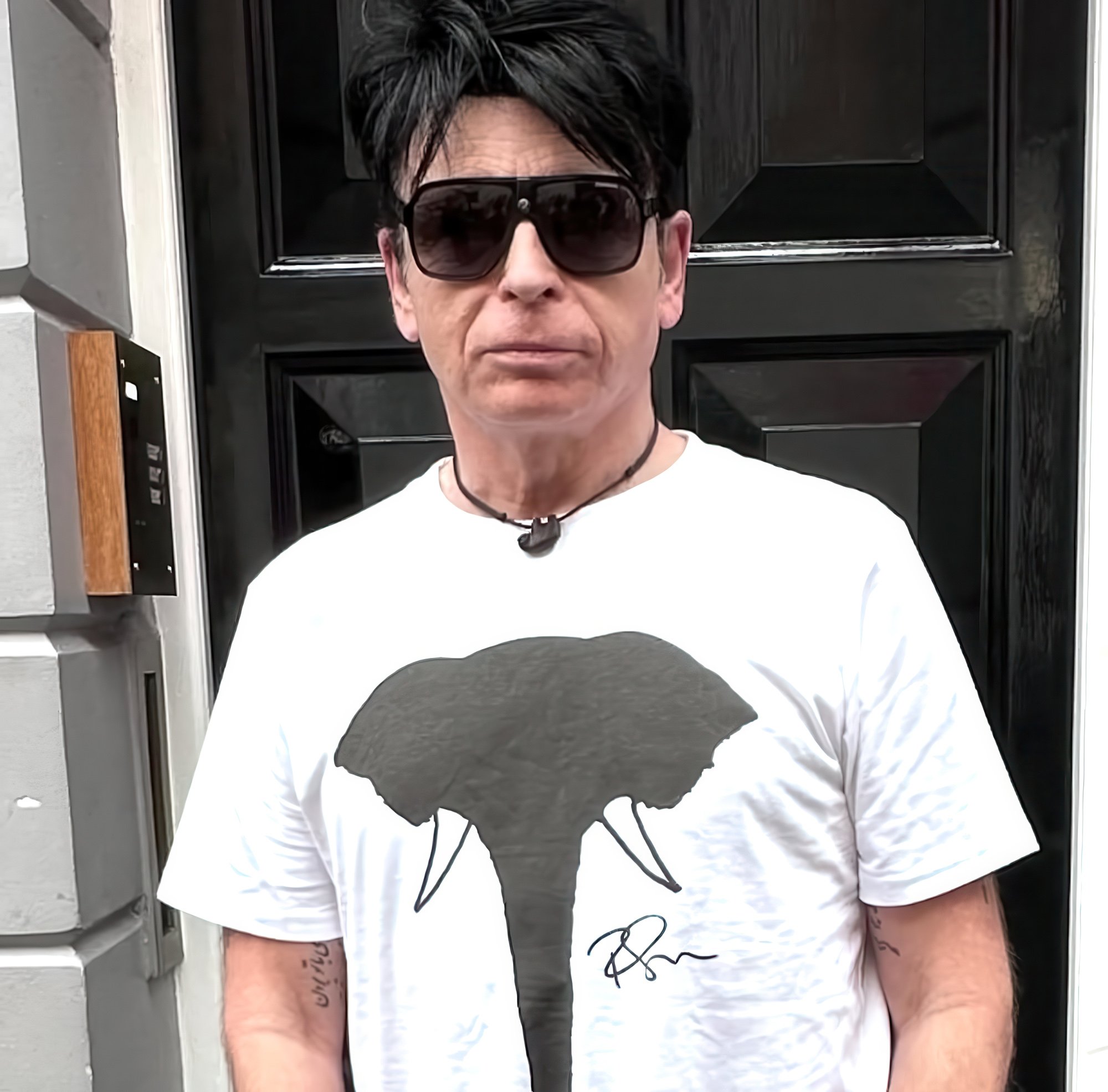Musician Develops Algorithm to Detect AI-Generated Music
Image Source: Benn Jordan | Youtube
In response to the increasing prevalence of AI-generated music on streaming platforms, musician Benn Jordan has developed an algorithm capable of identifying tracks produced using artificial intelligence. This initiative aims to address concerns about AI-generated content being monetized under the guise of human artistry.
[Read More: Can AI Detect AI? A Test to Hive Moderation AI-Generated Content Detection tools]
Algorithm Development and Testing
Jordan's algorithm analyzes audio files to detect subtle discrepancies introduced during AI generation. By examining data loss from file compression, the algorithm identifies unique fingerprints indicative of AI involvement. In a recent experiment, Jordan achieved a 100% success rate in detecting AI-generated songs from the platform Suno. He analyzed 560 of Suno's top-generated tracks and discovered that only 11 were not being monetized on streaming services by individuals posing as human artists.
However, questions have arisen regarding the broader validity of the testing process. Critics point out that the algorithm has not been extensively tested on non-AI-generated music, raising concerns about potential false alarms. For instance, certain compression artifacts or unconventional production techniques in human-created music could mistakenly be flagged as AI-generated. Addressing this gap will be essential to ensure the algorithm's reliability across a wider range of audio content. Jordan acknowledges this limitation and plans to refine the model to eliminate such risks.
[Read More: Can Professors Detect AI-Generated Work?]
Can AI Evade Detection?
The algorithm leverages the fact that AI-generated music often originates from compressed sources, which introduces detectable artifacts. Jordan explains that these artifacts serve as unique fingerprints for identifying AI-generated content. However, advancements in AI technology, akin to tools like Topaz Labs Gigapixel AI that enhance compressed images by reconstructing lost details, could enable AI music generators to eliminate compression artifacts and refine their outputs.
If generative AI tools for music were to implement similar techniques, they could theoretically "erase" the fingerprints that current detection models rely on. This would create a challenge for algorithms like Jordan's, as the refined outputs might closely mimic the characteristics of human-created audio.
To address this, the detection model itself would need to evolve by incorporating more sophisticated training datasets and learning to identify subtler, deeper-level anomalies inherent in generative AI processes. For example, AI detection might focus on structural inconsistencies in the music's harmonic or rhythmic patterns, or even analyze metadata that generative systems unintentionally embed.
Ultimately, as AI-generated content and detection technologies develop in parallel, it becomes a dynamic "arms race", with each side pushing the boundaries of innovation. For now, the success of Jordan's algorithm highlights the potential to identify current-generation AI music, but future adaptations will be crucial to keeping pace with advancements in generative AI refinement.
[Read More: Topaz Labs Releases Update to Photo AI: Better Text Restoration and More!]
Industry Implications
Jordan plans to engage with music distribution platforms like TuneCore and DistroKid to advocate for policy changes that prohibit the monetization of entirely AI-generated content. His concern centers on the unfair diversion of royalties from genuine musicians to AI-generated tracks. Jordan emphasizes that while AI music can exist on platforms like Spotify, it should not undermine the earnings of human artists.
This stance has sparked broader questions about the nature of creativity and originality. If humans can learn from existing music and create their own interpretations for monetization without issue, why is AI-generated music treated differently? Critics argue that AI is merely a fast-learning machine, capable of synthesizing patterns and elements from its training data to create new compositions. The distinction lies in the intent and process: human musicians bring personal experiences, emotions, and unique perspectives to their work, while AI systems replicate and recombine existing data without true creativity or intent. Proponents of restrictions on AI-generated music contend that allowing it to be monetized could lead to a devaluation of human artistry and a flood of homogenized, algorithmically-driven content dominating streaming platforms. Striking a balance between innovation and protecting genuine creativity is at the heart of this debate.
[Read More: Is AI Indeed a Theft? A New Perspective on Learning and Creativity]
Current AI Music Development
The rise of AI-generated music has sparked debates regarding copyright, authenticity, and the future of the music industry. Recent studies highlight the challenges in detecting AI-generated content, noting that while classifiers can achieve high accuracy, issues such as calibration, robustness to audio manipulation, and generalization to unseen models remain problematic.
In parallel, the capabilities of AI in music composition continue to advance rapidly. Recent developments have gone beyond platforms like OpenAI’s Jukebox and Google’s MusicLM. Rightsify’s Hydra II, for instance, is an advanced AI music generator trained on a proprietary dataset of over 1 million songs, offering customizable, copyright-cleared music for commercial use. Additionally, Google’s DeepMind introduced Lyria, an AI music generation model designed to assist artists, songwriters, and producers by providing tools that bolster their creative processes. These advancements represent significant strides in the ability of AI to produce nuanced, high-quality music.
[Follow TheDayAfterAI Music on Youtube]
Source: arXiv, Music Tech











